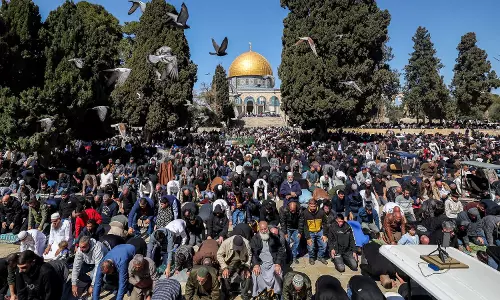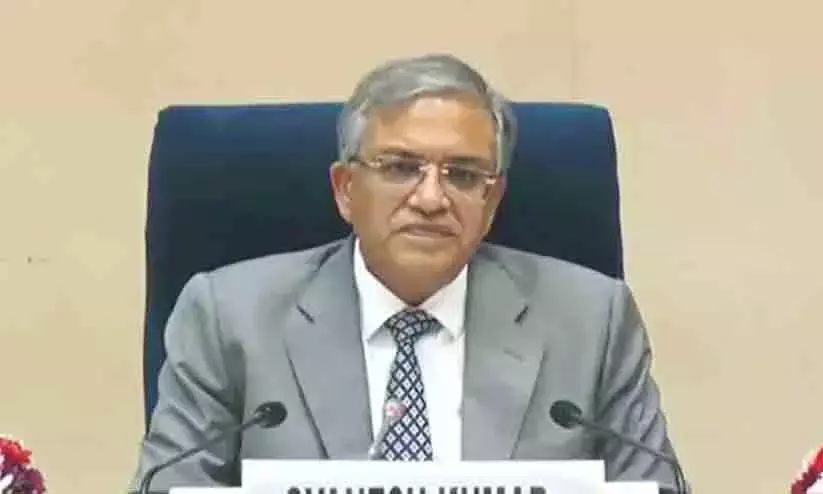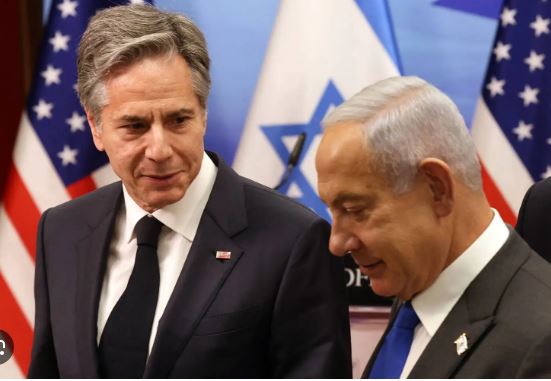
Netanyahu neglects Blinken's peace deal as US tries to patch up Arab wounds
text_fieldsThe deteriorating relationship with the Arab world, stemming from the US's full-throttle support for Israel's indiscriminate attack on Gaza, prompted the Biden administration to seek a peaceful resolution to the Israel-Palestine conflict in an attempt to appease the Arab world.
However, US Secretary of State Antony Blinken's pursuit has been in vain, as Israeli Prime Minister Benjamin Netanyahu has met it with neglect. Blinken's warnings to Israel about the risk of jeopardizing a potential peace deal with the Palestinians were met with a pointed snub from Israeli Prime Minister Benjamin Netanyahu.
Blinken engaged in crucial meetings in Amman, beginning with Lebanon's caretaker Prime Minister Najib Mikati. Lebanon, already grappling with economic and political turmoil, is home to Hezbollah, an Iranian-backed force hostile to Israel. Concerns loom over Hezbollah's potential escalation in the conflict, as it intensifies rocket and cross-border attacks on northern Israel.
Hezbollah leader Hassan Nasrallah, in his first major speech since the conflict began, did not explicitly forecast greater involvement despite acknowledging the group's lack of perturbation by U.S. attempts to deter it.
Blinken's diplomatic efforts also extended to Qatar, a key intermediary with Hamas, facilitating the release of hostages and allowing foreign citizens to leave Gaza. The U.S. Secretary of State was later scheduled to meet with the head of the UN agency aiding Palestinian refugees, amid reports of staff casualties and critical shortages of essential supplies.
In a bid to garner Arab support, Blinken participated in group talks with foreign ministers from Qatar, Jordan, Egypt, Saudi Arabia, and the United Arab Emirates, along with the chair of the PLO executive committee. The collective denouncement of Israel's tactics as unlawful collective punishment highlighted their shared concern for the Palestinian people.
Despite resistance to a larger Arab role in the crisis, U.S. officials emphasize the importance of even modest Arab backing to alleviate Gaza's deteriorating conditions and lay the groundwork for potential governance post-Hamas. T
he envisioned framework includes a revitalized Palestinian Authority, international organizations, and possibly a peacekeeping force, though these ideas have faced a tepid response.






















